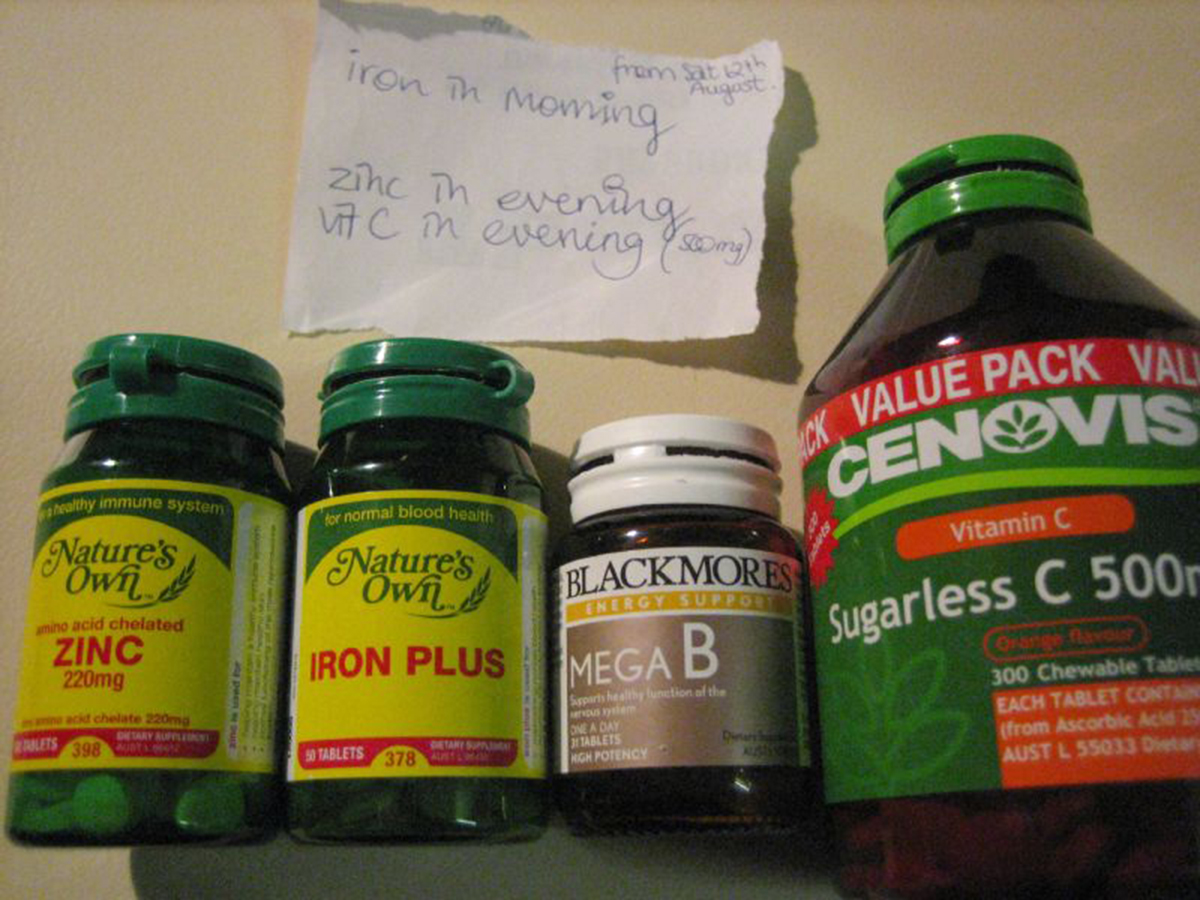Table of Contents
3. Zinc
We mostly know about zinc as a nutrient that helps the immune system to fight off infections. However, it;s also vital for synthesizing protein, and for making DNA. If that's not enough, zinc helps with wound healing and is important for your sense of taste and smell, helping you enjoy life more as well as making you healthier.

Zinc-rich foods
You may or may not be pleased to know that the richest dietary source of zinc is oysters. Whole grains and beans are also excellent sources, as are nuts and dairy products. It's thought that zinc and iron may work together to help prevent premenstrual tension. In Zinc's case, that comes from it's ability to regulate progesterone secretion. If you're at risk of PMS you might want to eat more nuts and dairy in the run-up to menstruation.
4. Vitamin A
Vitamin A is always found in over the counter multivitamins, but it's best to get your Vitamin A from foods, and ideally a mix of plant and animal foods. Animal foods usually contain Vitamin A, while plant foods will typically offer carotenes, which have their own unique antioxidant properties and can be synthesized into Vitamin A in the body.
Foods rich in vitamin A
Brightly colored fruits and vegetables tend to be high in carotenes - it's the carotene in carrots that dyes them orange, so look for orange, yellow or red foods. Peppers, sweet potatoes, and, yes, carrots, are all great sources of carotenes, Meanwhile, spinach, fish, milk, eggs and liver are all great sources and so is red meat.
Carotenes are associated with improved night vision, because the eye uses different cells to detect light in low-light conditions and these cells are the first to stop working if you don't get enough Vitamin A.
5. Vitamin B12
Vitamin B12 plays a vital role in nervous system function and is needed to make red blood cells. If you have enough iron but not enough B12, your red blood cells will be made defectively and won't work properly, meaning you'll have the symptoms of iron deficiency anemia on an iron-rich diet. You also need B12 to make DNA properly.
Additionally, if you take Vitamin C supplements, there's some evidence that they can inhibit the absorption of B12 from food.
See Also: The Surprising Factor That Drains Your Body's Vitamin D
Vitamin B12 rich foods
B12 is impossible to get from vegetable sources. However, you can get it from yeast extract. Otherwise, clams, fish, eggs, poultry and milk all contain B12, but the best source is red meat, especially organ meat. The richest dietary source of B12 is liver!
- Photo courtesy of YuMaNuMa via Flickr: www.flickr.com/photos/yumanuma/5581382256
- Photo courtesy of Jimee, Jackie, Tom & Asha via Flickr: www.flickr.com/photos/wilderdom/222688737


Your thoughts on this